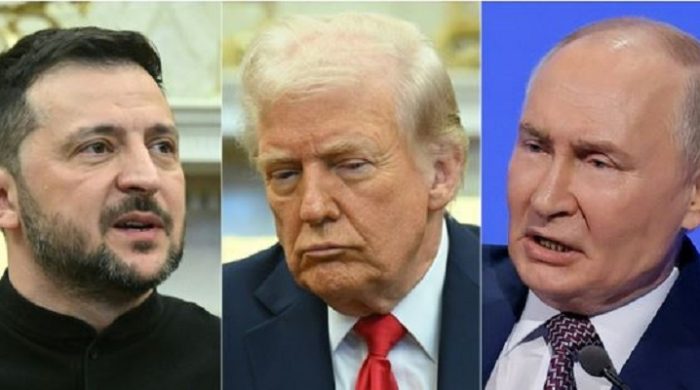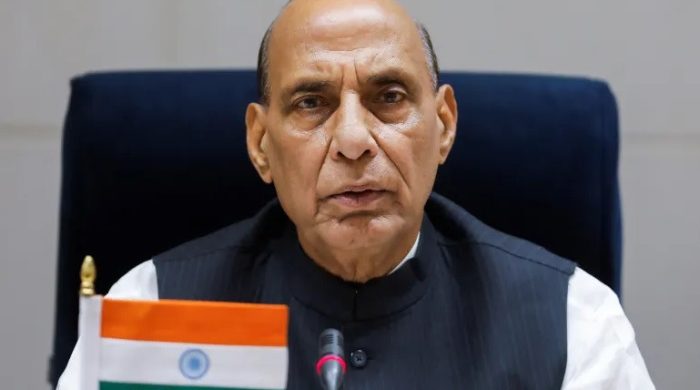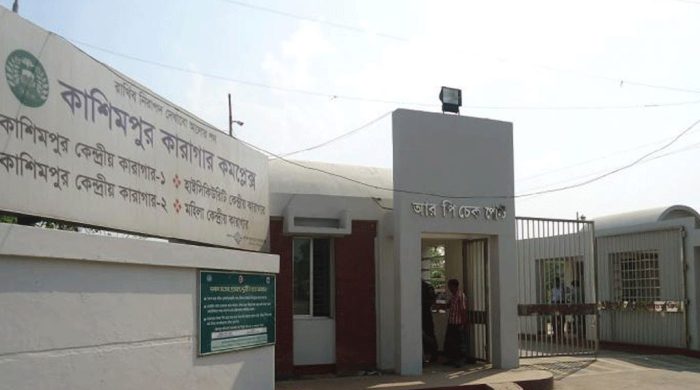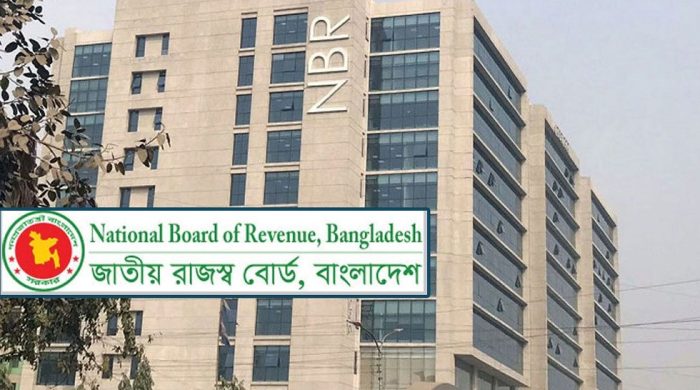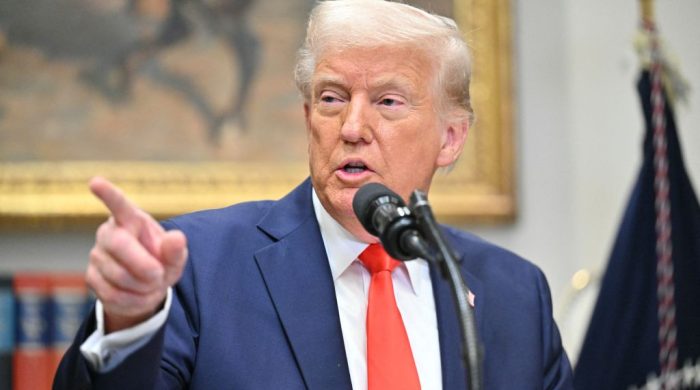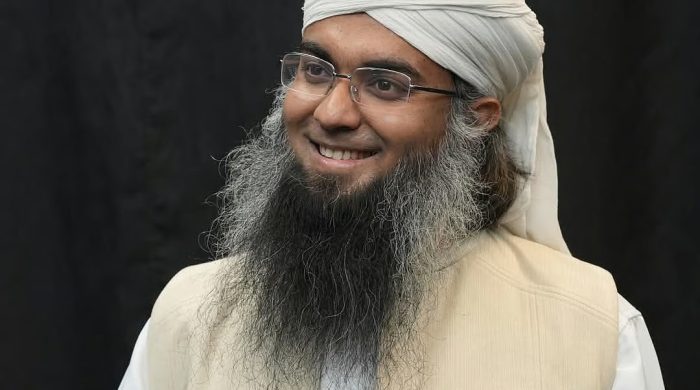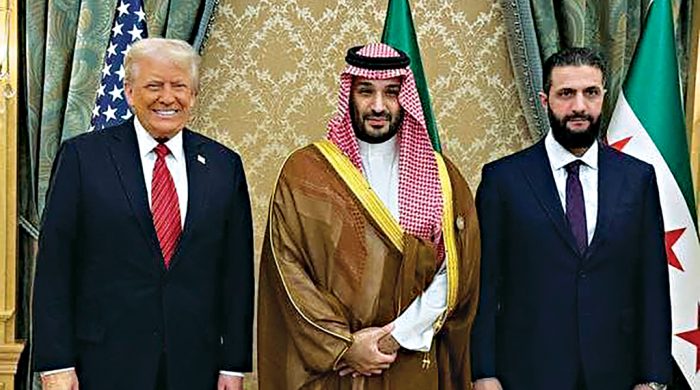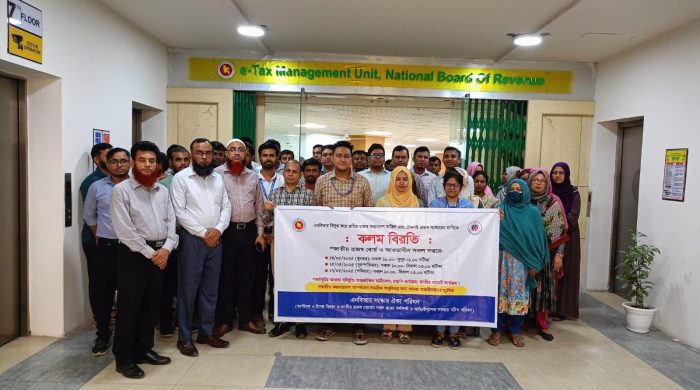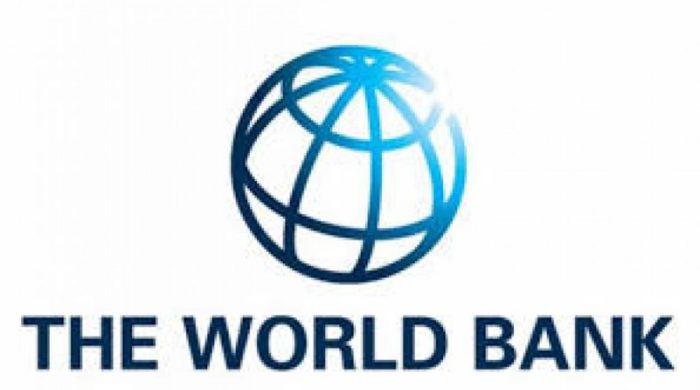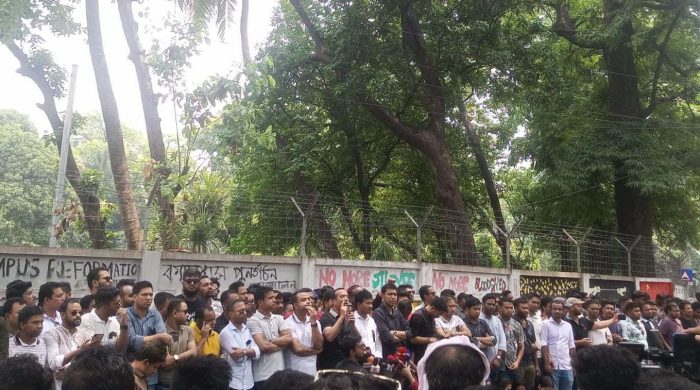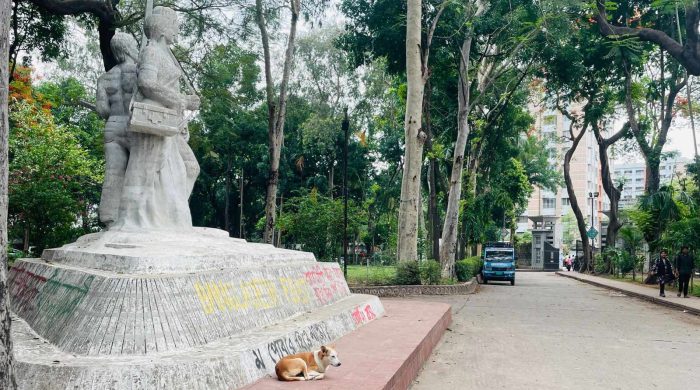S Korea starts procedures to suspend licences of 4,900 striking doctors

- Update Time : Monday, March 11, 2024
- 42 Time View
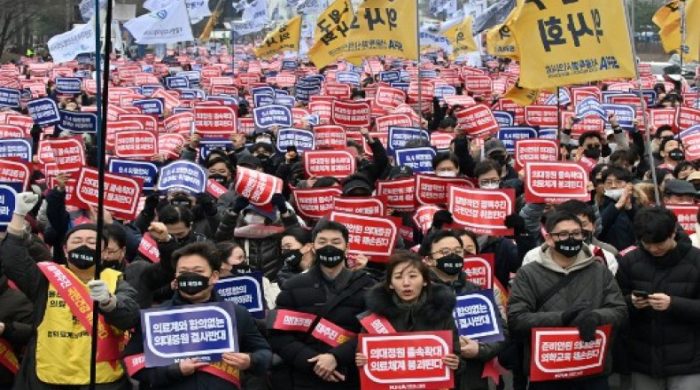
‘The government will take into account the circumstance and protect trainee doctors if they return to work before the administrative measure is complete,’ he said, indicating doctors who come back to work now could avoid the punishment.
‘The government will not give up dialogue. The door for dialogue is always open … The government will respect and listen to opinions of the medical community as a companion for the medical reforms,’ he added.
The government last week announced new measures to improve pay and conditions for trainee medics, plus a review of the continuous 36-hour work period, which is a major gripe of junior doctors.
The strikes have led to surgery cancellations, long wait times and delayed treatments at major hospitals.
Seoul has mobilised military doctors and earmarked millions of dollars of state reserves to ease service shortfalls, but has denied that there is a full-blown healthcare crisis.
Military doctors will start working in civilian hospitals from Wednesday this week, Chun said.
Under South Korean law, doctors are restricted from striking, and the health ministry has asked police to investigate people connected to the work stoppage.
The government is pushing to admit 2,000 more students to medical schools annually from next year to address what it calls one of the lowest doctor-to-population ratios among developed nations.
Doctors say they fear the reform will erode the quality of service and medical education, but proponents accuse medics of trying to safeguard their salaries and social status.



